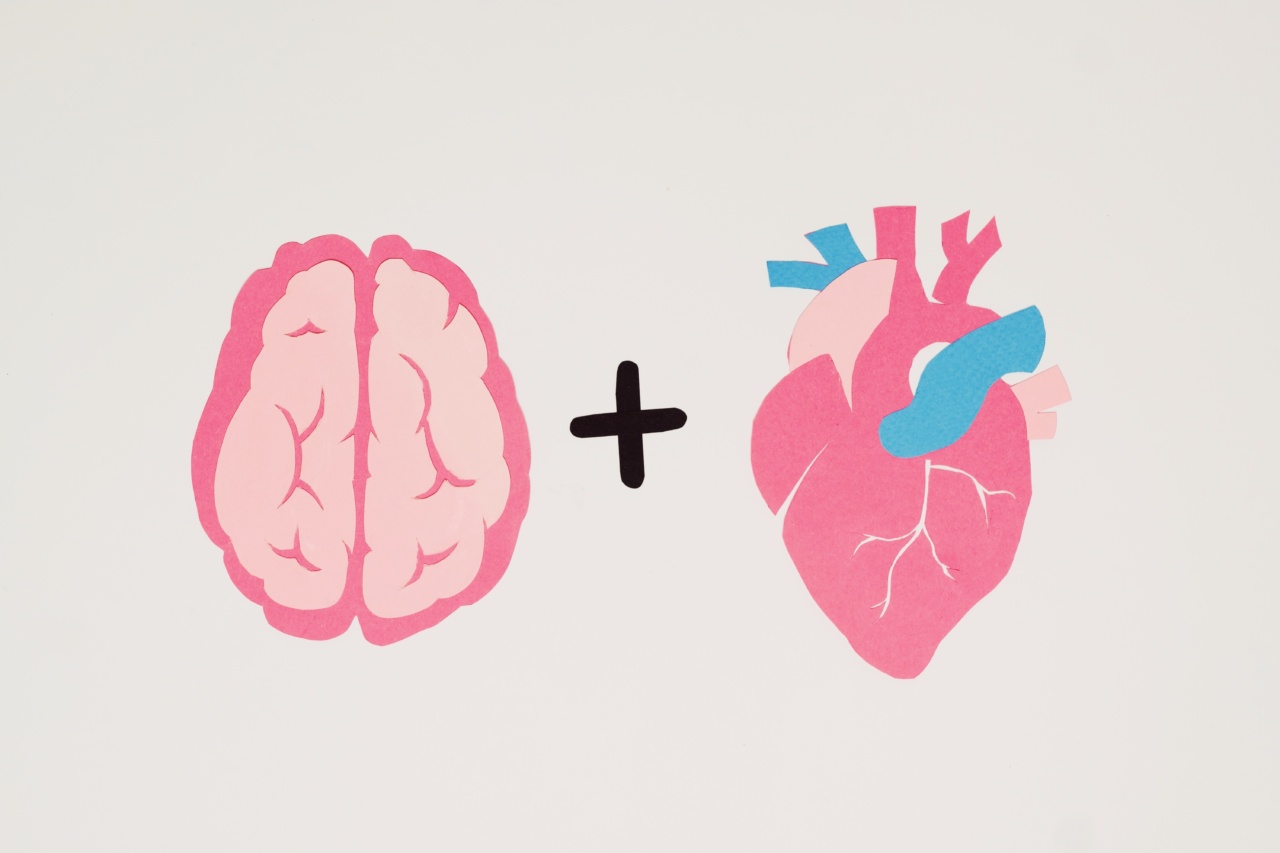In recent years, medical researchers have been uncovering the intricate and fascinating links between the heart and the brain.
One condition that further highlights this connection is Cracked Heart Syndrome, also known as stress-induced cardiomyopathy or Takotsubo syndrome. This syndrome is characterized by sudden intense chest pain and temporary changes in the heart’s functioning, often triggered by emotional or physical stress.
However, what might surprise many is the close relationship and interplay between emotional stress, the brain, and its impact on the heart.
Understanding Cracked Heart Syndrome
Cracked Heart Syndrome, or Takotsubo syndrome, was first identified in Japan in the 1990s. It is named after the Japanese word “takotsubo,” which refers to a traditional octopus trap, as the affected heart resembles its shape.
This syndrome primarily affects postmenopausal women, although it can occur in men as well.
During an episode of Cracked Heart Syndrome, individuals exhibit symptoms similar to a heart attack, such as chest pain, breathlessness, and a rapid or irregular heartbeat.
However, unlike a heart attack, this condition is caused by an unexpected surge of stress hormones, such as adrenaline, rather than a blocked coronary artery.
Research has shown a strong correlation between emotional stress and the onset of Cracked Heart Syndrome. Intense grief, relationship difficulties, financial stress, and other overwhelming emotional experiences can trigger this condition.
Studies have also revealed a potential link between the brain’s response to stress and the subsequent impact on the heart.
The Brain-Heart Connection
The brain plays a crucial role in regulating the body’s stress response, and this includes the physiological changes that occur in the heart during periods of emotional stress.
When someone experiences acute emotional stress, the brain’s limbic system, which is responsible for emotions and behavior, becomes activated. This leads to the release of stress hormones, such as adrenaline and cortisol, from the adrenal glands.
These stress hormones have wide-ranging effects on the body and can cause a surge in heart rate, blood pressure, and cardiac output.
In individuals susceptible to Cracked Heart Syndrome, this sudden increase in stress hormones can overwhelm the heart and disrupt its normal functioning.
Furthermore, regions of the brain that are involved in emotional processing, such as the amygdala and the prefrontal cortex, have been observed to exhibit changes and abnormalities in individuals with Cracked Heart Syndrome.
These brain regions have connections to the autonomic nervous system, which controls involuntary bodily functions, including heart rate and blood pressure. Disruptions or alterations in these brain circuits could contribute to the development of this syndrome.
The Effects of Emotional Stress on the Heart and Brain
Emotional stress can have both acute and chronic effects on both the heart and the brain. Acutely, the sudden release of stress hormones can lead to a surge in blood pressure and heart rate, causing the heart to work harder.
Over time, prolonged exposure to stress and stress hormones can have detrimental effects on cardiovascular health, increasing the risk of conditions such as hypertension, heart disease, and stroke.
In addition to its impact on the heart, emotional stress also takes a toll on the brain. Chronic stress has been associated with an increased risk of mental health disorders, such as anxiety and depression.
The constantly heightened state of stress can lead to structural and functional changes in the brain, including alterations in the size and connectivity of certain brain regions involved in emotional processing and cognitive function.
Long-Term Effects and Implications
The long-term effects of Cracked Heart Syndrome are still being studied.
While most individuals recover fully within a few weeks or months, there is evidence to suggest that recurrent episodes can lead to more severe heart damage and potentially impact long-term heart health.
Furthermore, the link between emotional stress and the brain-heart connection raises concerns about the potential impact on cognitive function and overall brain health.
Chronic stress and the associated release of stress hormones can lead to cognitive impairments and an increased risk of neurodegenerative disorders such as Alzheimer’s disease.
Understanding the intricate relationship between Cracked Heart Syndrome, emotional stress, and the brain can pave the way for more targeted treatments and interventions.
By addressing both the emotional and physiological aspects of stress, healthcare professionals may be able to better prevent and manage this condition.
Conclusion
Cracked Heart Syndrome, or stress-induced cardiomyopathy, serves as a poignant reminder of the profound connection between the heart and the brain.
Emotional stress can wreak havoc on both organs, with the brain playing a pivotal role in triggering physiological changes in the heart. The interplay between emotional stress, the brain, and the heart highlights the importance of a holistic approach to healthcare, one that recognizes the intricate links between our emotions, our minds, and our hearts.



























